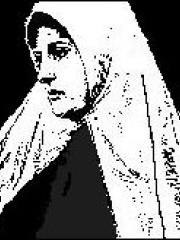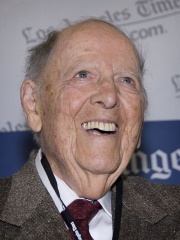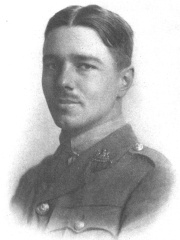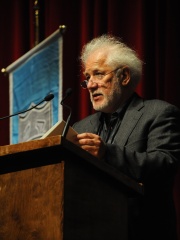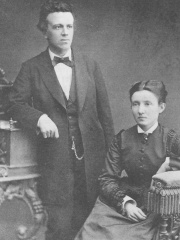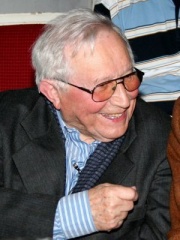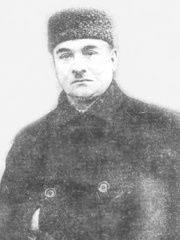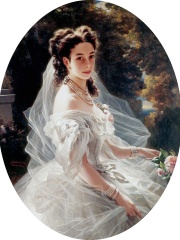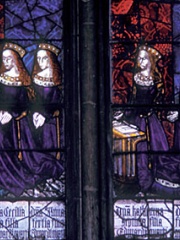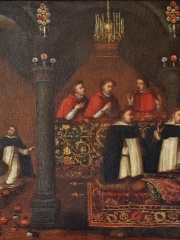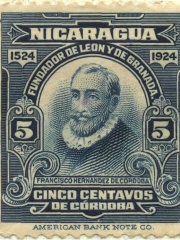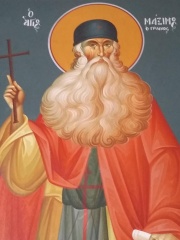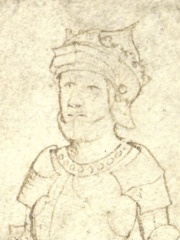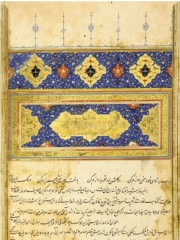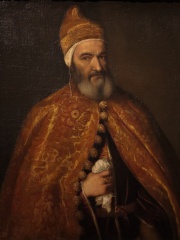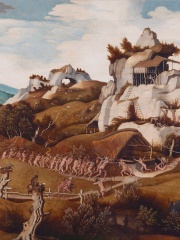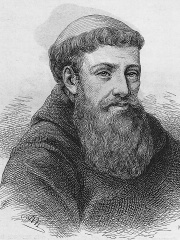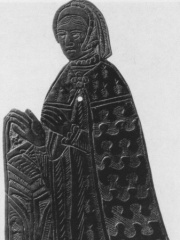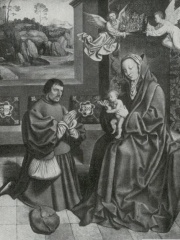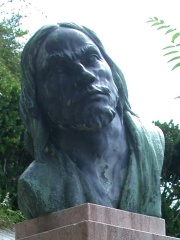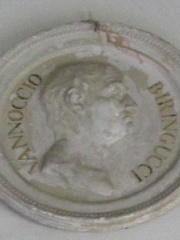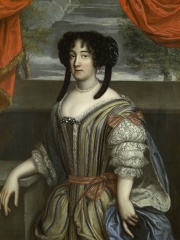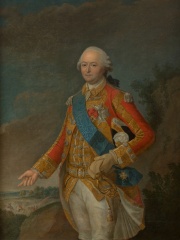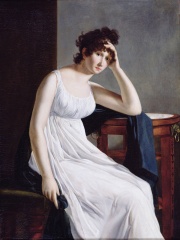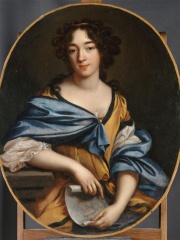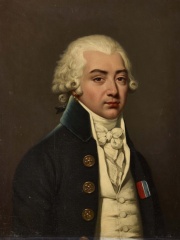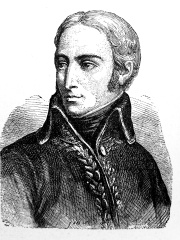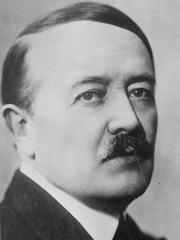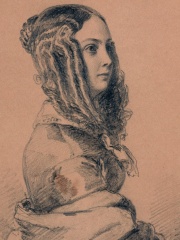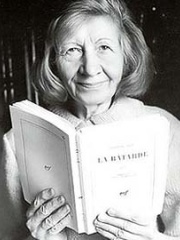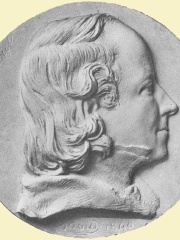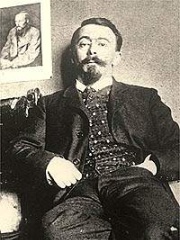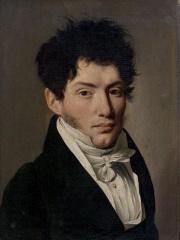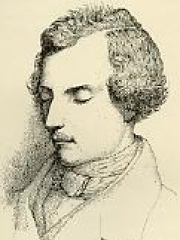Író
Pierre Gringore
1475 - 1539
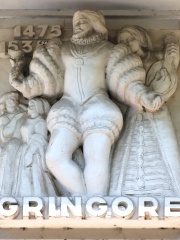
 Pierre Gringore
Pierre Gringore
Életrajza 17 különböző nyelven érhető el a Wikipédián. Pierre Gringore a 2,727th legnépszerűbb író (csökkenés a 1,930th-ről 2024-ben), a 2,949th legnépszerűbb életrajz Franciaország országából (csökkenés a 2,191st-ről 2019-ben) és a 373rd legnépszerűbb Franciaországból író.
Memorability Metrics
Page views of Pierre Gringore by language
Among Író
Among író, Pierre Gringore ranks 2,727 out of 7,302. Before him are Táhirih, Peter Bieri, Herman Wouk, Wilfred Owen, Michael Ondaatje, and Franz Overbeck. After him are Tadeusz Różewicz, Osman Aqçoqraqlı, Pauline von Metternich, José Giovanni, Branwell Brontë, and Philippe de Mornay.
Most Popular ÍRó in Wikipedia
Go to all RankingsTáhirih
1817 - 1852
HPI: 61.08
Rank: 2,721
Peter Bieri
1944 - 2023
HPI: 61.08
Rank: 2,722
Herman Wouk
1915 - 2019
HPI: 61.07
Rank: 2,723
Wilfred Owen
1893 - 1918
HPI: 61.07
Rank: 2,724
Michael Ondaatje
1943 - Present
HPI: 61.07
Rank: 2,725
Franz Overbeck
1837 - 1905
HPI: 61.07
Rank: 2,726
Pierre Gringore
1475 - 1539
HPI: 61.07
Rank: 2,727
Tadeusz Różewicz
1921 - 2014
HPI: 61.07
Rank: 2,728
Osman Aqçoqraqlı
1879 - 1938
HPI: 61.06
Rank: 2,729
Pauline von Metternich
1836 - 1921
HPI: 61.06
Rank: 2,730
José Giovanni
1923 - 2004
HPI: 61.06
Rank: 2,731
Branwell Brontë
1817 - 1848
HPI: 61.06
Rank: 2,732
Philippe de Mornay
1549 - 1623
HPI: 61.06
Rank: 2,733
Contemporaries
Among people born in 1475, Pierre Gringore ranks 16. Before him are Luis Ramírez de Lucena, Anne of York, Afonso, Prince of Portugal, Francisco Hernández de Córdoba, Maximus the Greek, and Edward Plantagenet, 17th Earl of Warwick. After him are Khvandamir, Marcantonio Trivisan, Jörg Breu the Elder, Jan Mostaert, and Thomas Murner. Among people deceased in 1539, Pierre Gringore ranks 14. Before him are George, Duke of Saxony, Ayşe Hatun, Elizabeth Blount, Ottaviano Petrucci, John III, Duke of Cleves, and Il Pordenone. After him is Vannoccio Biringuccio.
Others Born in 1475
Go to all RankingsLuis Ramírez de Lucena
CHESS PLAYER
1475 - 1530
HPI: 67.08
Rank: 10
Anne of York
POLITICIAN
1475 - 1511
HPI: 67.04
Rank: 11
Afonso, Prince of Portugal
1475 - 1491
HPI: 66.22
Rank: 12
Francisco Hernández de Córdoba
MILITARY PERSONNEL
1475 - 1526
HPI: 64.28
Rank: 13
Maximus the Greek
WRITER
1475 - 1556
HPI: 62.88
Rank: 14
Edward Plantagenet, 17th Earl of Warwick
POLITICIAN
1475 - 1499
HPI: 61.97
Rank: 15
Pierre Gringore
WRITER
1475 - 1539
HPI: 61.07
Rank: 16
Khvandamir
HISTORIAN
1475 - 1534
HPI: 60.84
Rank: 17
Marcantonio Trivisan
POLITICIAN
1475 - 1554
HPI: 60.10
Rank: 18
Jörg Breu the Elder
PAINTER
1475 - 1537
HPI: 59.46
Rank: 19
Jan Mostaert
PAINTER
1475 - 1555
HPI: 59.42
Rank: 20
Thomas Murner
WRITER
1475 - 1537
HPI: 58.07
Rank: 21
Others Deceased in 1539
Go to all RankingsGeorge, Duke of Saxony
NOBLEMAN
1471 - 1539
HPI: 66.53
Rank: 8
Ayşe Hatun
COMPANION
1476 - 1539
HPI: 63.92
Rank: 9
Elizabeth Blount
RELIGIOUS FIGURE
1500 - 1539
HPI: 63.38
Rank: 10
Ottaviano Petrucci
INVENTOR
1466 - 1539
HPI: 62.51
Rank: 11
John III, Duke of Cleves
NOBLEMAN
1490 - 1539
HPI: 62.05
Rank: 12
Il Pordenone
PAINTER
1484 - 1539
HPI: 61.84
Rank: 13
Pierre Gringore
WRITER
1475 - 1539
HPI: 61.07
Rank: 14
Vannoccio Biringuccio
ARCHITECT
1480 - 1539
HPI: 58.52
Rank: 15
In Franciaország
Among people born in Franciaország, Pierre Gringore ranks 2,949 out of NaN. Before him are Ludovic Giuly (1976), Édouard Philippe (1970), Éléonore Desmier d'Olbreuse (1639), Emmanuel-Armand de Richelieu, duc d'Aiguillon (1720), André Prévost (1860), and Peter John Olivi (1248). After him are Constance Mayer (1775), José Giovanni (1923), Philippe de Mornay (1549), Élisabeth Sophie Chéron (1648), Armand Louis de Gontaut (1747), and Jean-Joseph, Marquis Dessolles (1767).
Others born in Franciaország
Go to all RankingsLudovic Giuly
SOCCER PLAYER
1976 - Present
HPI: 61.09
Rank: 2,943
Édouard Philippe
POLITICIAN
1970 - Present
HPI: 61.09
Rank: 2,944
Éléonore Desmier d'Olbreuse
COMPANION
1639 - 1722
HPI: 61.08
Rank: 2,945
Emmanuel-Armand de Richelieu, duc d'Aiguillon
POLITICIAN
1720 - 1788
HPI: 61.08
Rank: 2,946
André Prévost
TENNIS PLAYER
1860 - 1919
HPI: 61.08
Rank: 2,947
Peter John Olivi
PHILOSOPHER
1248 - 1298
HPI: 61.07
Rank: 2,948
Pierre Gringore
WRITER
1475 - 1539
HPI: 61.07
Rank: 2,949
Constance Mayer
PAINTER
1775 - 1821
HPI: 61.06
Rank: 2,950
José Giovanni
WRITER
1923 - 2004
HPI: 61.06
Rank: 2,951
Philippe de Mornay
WRITER
1549 - 1623
HPI: 61.06
Rank: 2,952
Élisabeth Sophie Chéron
PAINTER
1648 - 1711
HPI: 61.06
Rank: 2,953
Armand Louis de Gontaut
POLITICIAN
1747 - 1793
HPI: 61.06
Rank: 2,954
Jean-Joseph, Marquis Dessolles
POLITICIAN
1767 - 1828
HPI: 61.05
Rank: 2,955
Among Író In Franciaország
Among író born in Franciaország, Pierre Gringore ranks 373. Before him are Marcel Prévost (1862), Louise Colet (1810), Violette Leduc (1907), Eugène Burnouf (1801), Hildebert (1056), and Pierre Grimal (1912). After him are José Giovanni (1923), Philippe de Mornay (1549), Charles-Louis Philippe (1874), Charles-Louis Havas (1783), Bonaventure des Périers (1510), and Maurice de Guérin (1810).
Marcel Prévost
1862 - 1941
HPI: 61.30
Rank: 367
Louise Colet
1810 - 1876
HPI: 61.25
Rank: 368
Violette Leduc
1907 - 1972
HPI: 61.23
Rank: 369
Eugène Burnouf
1801 - 1852
HPI: 61.19
Rank: 370
Hildebert
1056 - 1133
HPI: 61.16
Rank: 371
Pierre Grimal
1912 - 1996
HPI: 61.15
Rank: 372
Pierre Gringore
1475 - 1539
HPI: 61.07
Rank: 373
José Giovanni
1923 - 2004
HPI: 61.06
Rank: 374
Philippe de Mornay
1549 - 1623
HPI: 61.06
Rank: 375
Charles-Louis Philippe
1874 - 1909
HPI: 61.04
Rank: 376
Charles-Louis Havas
1783 - 1858
HPI: 61.02
Rank: 377
Bonaventure des Périers
1510 - 1544
HPI: 61.00
Rank: 378
Maurice de Guérin
1810 - 1839
HPI: 61.00
Rank: 379
